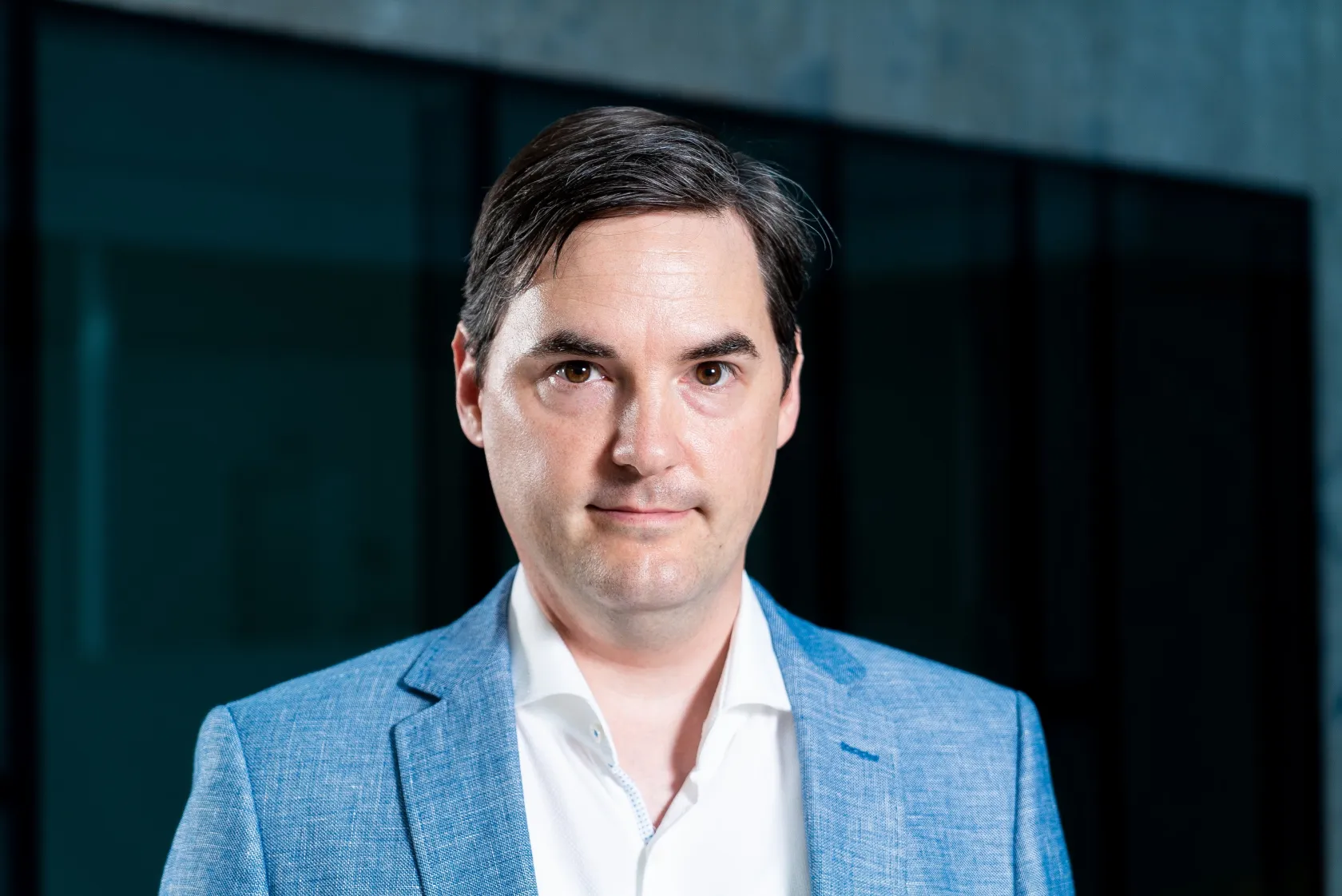
When history does not repeat itself
World order is a relatively new concept in history. It has been the product of globalization and geopolitical thinking. The need for an orderly relation between the great powers codified in international law and the establishment of an international legal framework for the non-violent settlement of conflict first arouse at the end of the Napoleonic Wars, the culmination of more than a century of mercantilist warfare among European powers. Between 1689 and 1815, in what historians termed the 'second hundred years' war, Great Britain, France and their allies spent 64 years on the battlefield in their quest for hegemony. The Congress of Vienna, chaired by Austrian statesman Klemens von Metternich, aimed at reconstituting a peaceful order with a careful balance of power and the commitment by the great monarchies of Europe to stand up to any threat to the new order. The final settlement of the congress remained the framework for European diplomacy until the outbreak of World War I.
The international order of the nineteenth century, known as the Concert of Europe or Congress System, was an evolving consensus between the great powers to maintain political borders and spheres of influence both in Europe and overseas. It faced serious challenges from the revolutions of 1848, the Crimean War of 1853-56, and the unification of Germany and Italy. From 1870 to 1914, it supported one of the most enduring periods of peace on the continent and the expansions of European colonial empires in Asia and Africa. Imperialism transformed the Congress System from a continental to a world order. The Congress of Berlin hosted by the German chancellor Otto von Bismarck recognized the new nation states of the Balkans following the Russo-Turkish War of 1877-78, but also the spheres of influence of Russia and Austria-Hungary. The General Act of the Berlin Conference in 1884-85 regulated the partition of Africa between colonial powers.
Even though World War I brought an end to the Concert of Europe, 'world order thinking' returned to international relations with a vengeance from 1918, supported most vigorously by U.S. President Woodrow Wilson. Even though the League of Nations created a more permanent and more inclusive framework for a world order, in practice, the concert of great powers maintained its dominance. This was demonstrated most unequivocally in the Munich Agreement between Great Britain, France, Italy and Germany in 1938 to cede the German Sudetenland to the Third Reich. It was recognized by all European nations even though it violated the Covenant of the League of Nations, which obliged member states 'to respect and preserve as against external aggression the territorial integrity and existing political independence of all Members of the League' (Article X). The Covenant itself recognized the spheres of influence of great powers, a keystone of the old Congress system. It ceded the former German colonies in Africa and the South Pacific as well as Ottoman domains in the Middle East to Britain and France as 'Mandate' territories (Article XXII).
This discrepancy between legal framework and the 'real' world order became even starker at the end of the World War II. The Preamble of the United Nations Charter 'determined to save succeeding generations from the scourge of war ... and to reaffirm faith in ... the equal rights of nations large and small'. Yet, the contours of the postwar world order and the new borders of Europe were carved in Yalta and Potsdam between the main Allied Powers of Great Britain, the Soviet Union, and the United States, once again recognizing the principle of spheres of influence. The same principle was invoked by Russian President Vladimir Putin in the Bayerischer Hof at the Munich Security Conference in 2007, when he reasserted that the geopolitical interests of a great power should have primacy over the right of individual nations (countries of Central Europe having by then joined NATO) to shape their own place in the world order. Fifteen years later, he may have hoped for 'another Munich' when the concert of great powers would once again ignore the rule-based order of international relations. This time – thankfully – history did not repeat itself.